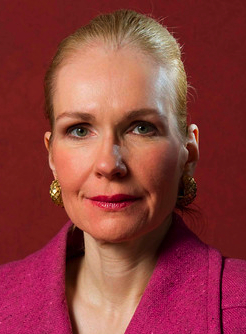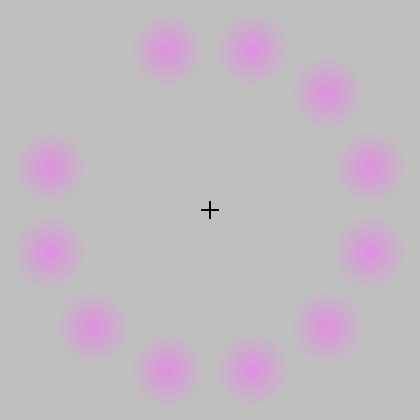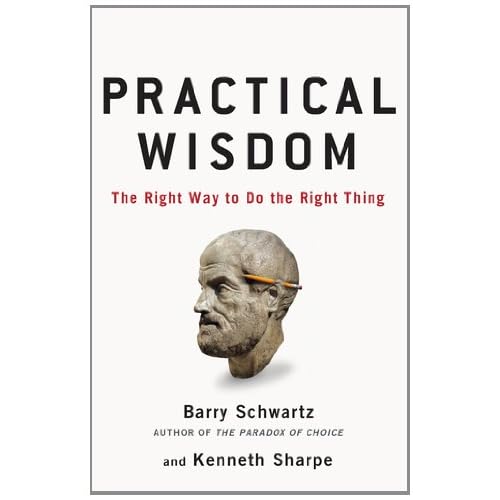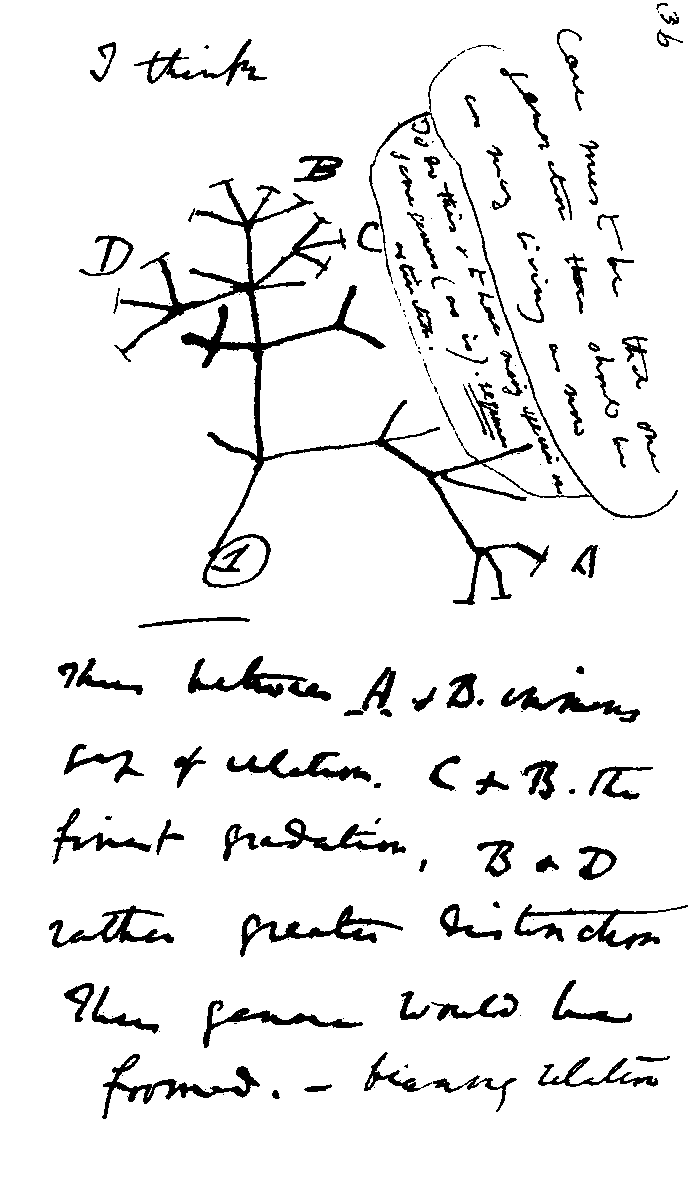 |
| Twas love at first sight! (At the 6th grade science fair) |
My
last post was a review of Practical Wisdom, a book by Barry Schwartz and Kenneth Sharpe, about how wisdom relies on dedicated practice, and how that practice is being stifled by our educational, legal and medical institutions. I limited the post to a straightforward review of the book, but it neatly fits into a narrative of why I love my job so much. I have the freedom to practice what I love. The particular kind of intellectual and professional freedom I enjoy as a college professor is what drew me to the profession, and it continues to sustain me.
 |  |
| At the beginning of every semester ... | and at the end. |
For me, the first element of practice is the
freedom to fail without immediate consequences (besides the sinking realization that one has failed). In my teaching, I have tried different pedagogical approaches. I gave many straight lectures in general psychology, interactive demonstrations in my sensation and perception laboratory class, project based learning in research methods, and almost pure discussion in a cognitive science seminar. All of them have failed one way or another. I take solace in the
recent study by MIT economists, led by Pierre Azoulay, who suggest that scientists given more latitude to fail produce more "hits" and more "duds." In other words, the freedom to produce duds is critical to producing hits. Failure is not the opposite of success, but the raw material of practical wisdom. And I am amassing some serious raw material here.
Don't mistake this for an overall judgment of my failure as a teacher. The students felt like they learned something, and they did actually learn something from my past classes. But I have always been painfully aware of the huge missed potential for learning and inspiration. The gap between those two quantities have always gnawed away at my soul as I read over the final exams, or question the students in future classes. Any teacher who thinks the students learn their content perfectly should have the (always humbling) experience of having that student in a class a year later. But I learn from these failures, and I love being in a field where I can learn from failures without fear (i.e. practice).
But what have I learned from these failures? I have gotten pretty good at describing phenomena in Sensation and Perception to beginning undergraduates. I have a good sense of which topics will blow their minds, which will bore them but are necessary for deeper conceptual understanding, and which exam questions provoke the deep studying. I have learned that class discussions can be critically important on the class chemistry, and that I can trust some students to do the reading, but most will try to see if they can get by without, before reading. I have learned some cultural differences between the places I have taught. There is justified grumbling about a group project with out of class planning when some students are commuters. I have learned that senior science majors don't always like grappling with historical primary documents the way I do.
But most of what I have learned cannot be translated into words. This is embedded in the very nature of the practice of any craft, and in the nature of the practical wisdom that Aristotle described : it is context-specific and escapes general, rule-based summary. There is no one right pedagogy, there is no one right way to teach General Psych, or one right way to teach kindergarten. There are a few principles, that are right, most of the time, in most situations, which are good at guiding better practice. What I have learned is likely a lot more specific than even I realize. It may be specific to my teaching persona, or to that particular class, or to my subject, or to the age of my students. I am always surprised at how different 18-year-olds are from 22-year-olds, and this means that teaching each cannot simply conform to a few general principles.
 |
Next post:
A history of Psychology in beards |
The second element of developing practical wisdom is balancing tradeoffs. Schwartz and Sharpe emphasize this, and I couldn't agree more. While I would love to "solve" teaching general psychology, the reason I find it so engaging is that it is not merely a puzzle. What works one semester doesn't work as well the next. There are trade-offs between depth (I could spend a whole class period on a debate about policy implications of Claude Steele's stereotype threat research! or have them memorize nonsense syllables like Ebbinghaus!) and breadth (Do I have to skip evolutionary psych, or health psych, or stress?). There are trade-offs between what is fun (let's talk about personality!) and the science behind the fun (why is the Big Five better than Myers-Briggs? Well, there's some math, and some research methods, and the nature of likert scales...Hey why are your eyes rolling that way, this stuff is great!). It is sometime hard to tell the difference when to a total psych science geek like myself it is ALL fun (I know I can totally make them love the difference between predictive validity and construct validity). There are trade-offs between extrinsic motivation (do this for a grade) and intrinsic motivation (do this because you are curious, or you want to get better at it). Part of practicing is continuing to balance trade-offs, and learning which tradeoffs are necessary in a given situation. In general, I feel that freshmen often need more extrinsic motivation (for example, regular quizzes to get them to read) whereas you can trust seniors a little bit more to work on their own. This is, of course, relative.
 |
It's not turtles, it's practice,
all the way down |
Finally, I think a critical piece of this freedom to develop practical wisdom, is an acceptance of the complexity and uncertainty of assessment and evaluation. On one hand, to get better at teaching, to learn from my failures, I need to know how I failed. On the other, assessing learning is a vastly complex and noisy undertaking. Most assessments of learning require wise interpretation. This interpretation improves with practice too. My rubrics continue to evolve, just as my evaluation of them. If the environment that I am teaching in fails to acknowledge that, and tries to precisely measure my effectiveness, I will adjust my teaching to fit that precise measure. Tie my salary to number of students and to student evaluations (as some powerful interests in Texas are
encouraging), I will do my best to make my courses draw more students (hello sloganeering course titles), make students happy (goodbye rigorous writing assignments) and not worry as much about how much they learn. I exaggerate to make a point, here, not all students are drawn like flies to the Chemistry of Wine, or tricked into enrolling in the Psychology of Illusion, and some do appreciate long writing assignments. The
free marketers who say I should be more customer-focused may be right, but my customer is my student ... ten to twenty years later, not the first-time-away-from-home-man-child in front of me. Show me someone who is successful at selling a product whose benefits are enjoyed ten to twenty years later to 18-22 year olds, and we can talk. Until then, please spare me your increased accountability.
More pressure to precisely measure the learning narrows teaching, and narrows learning. The successful assessments that I have seen are formative, not evaluative. No matter the evaluation, the instant that pay, or hiring and firing gets tied to them, they become hammers instead of scalpels. We may be able to boost that particular metric if we push really hard, but that often comes at a cost of other outcomes that may be harder to measure but are not necessarily less valued. Sometimes, that outcome is acceptable. In Atul Gawande's The Checklist, he describes how pilot checklists have ensured the remarkable safety record of the commercial airliner. But I suspect this emphasis on safety has come at a cost to innovation, energy efficiency, and price (whatever happened to Valujet?). We may be ok with an overwhelming priority on safety for airplanes, but in higher education, narrow accountability will crowd out many other worthy goals, not to mention people who value academic freedom and the ability to cultivate their practical wisdom.
Ultimately, part of the reason I love what I do because I can feel myself getting better at it (the teaching and the scholarship, if not the pithy blog posts) and I can enjoy the fruits of my labor. These fruits are not merit based pay, but the tiny lights of inspiration, of comprehension, of curiosity, going off in the deep recesses of my students' minds. The sparkly warm glow of reading about a new finding in embodied perception. A profession is defined by practical wisdom, and practical wisdom is not dispensed like manna from the talented, but generated by accident by people just trying to get better at something they find interesting.















